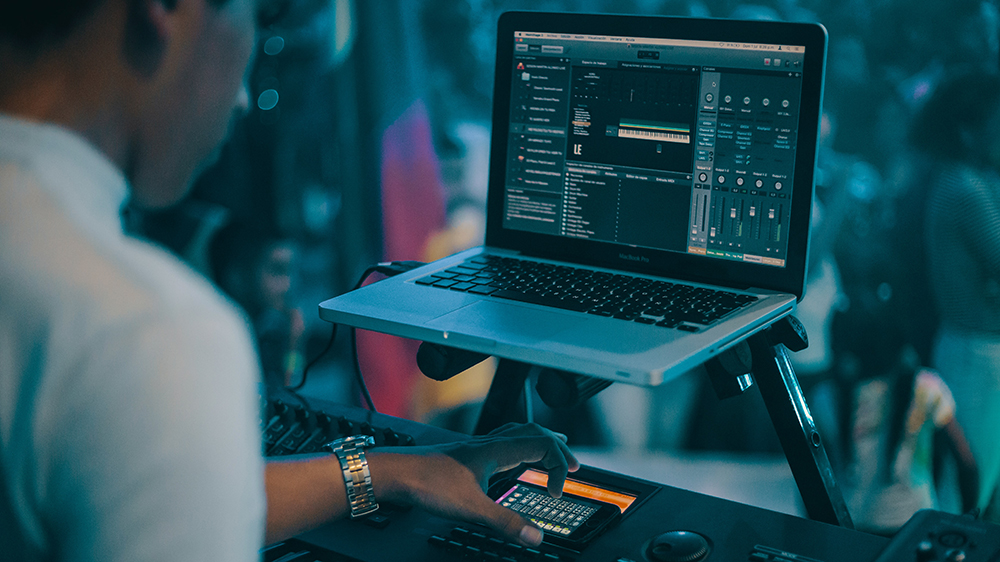About the project
The project “The platformization of music production: Developer and user perspectives on transformations of production technology in the online environment (PLATFORM)” explores how music production evolves in the digital and online environment. It combines a bird’s-eye view of technological change with a worm’s-eye view of transformations in cultural production.
This project focuses on digital audio workstations (DAWs) such as Logic Pro and BandLab and the ways in which these platforms and their networked clusters of programs and services are reshaping the foundations of creative audio work, including composition, performance, and collaboration.
The hypothesis is that the developers of DAW technology, as well as their various user groups, are all involved in a platformization process that has profound cultural, social, and economic ramifications for the music sector.
Financing
This project is financed by The Research Council of Norway (FRIPRO). Grant nr. 324344.
Duration
01.10.2021 - 29.11.2025.

